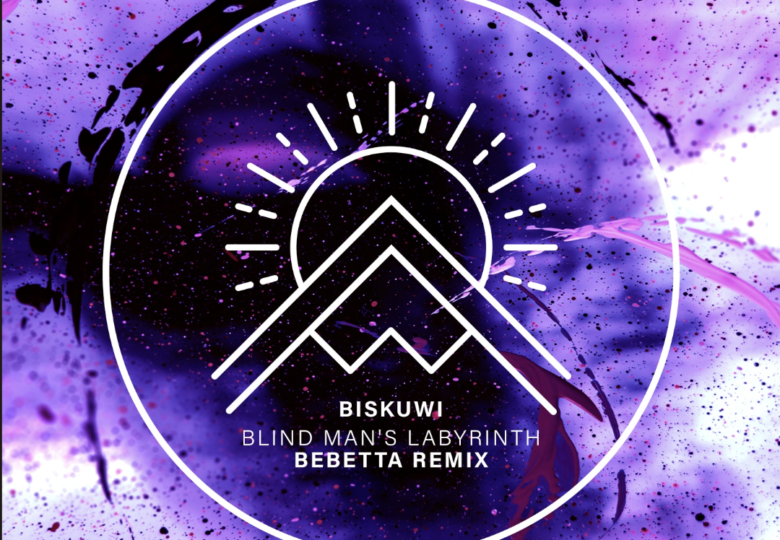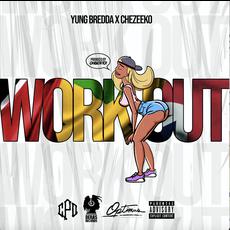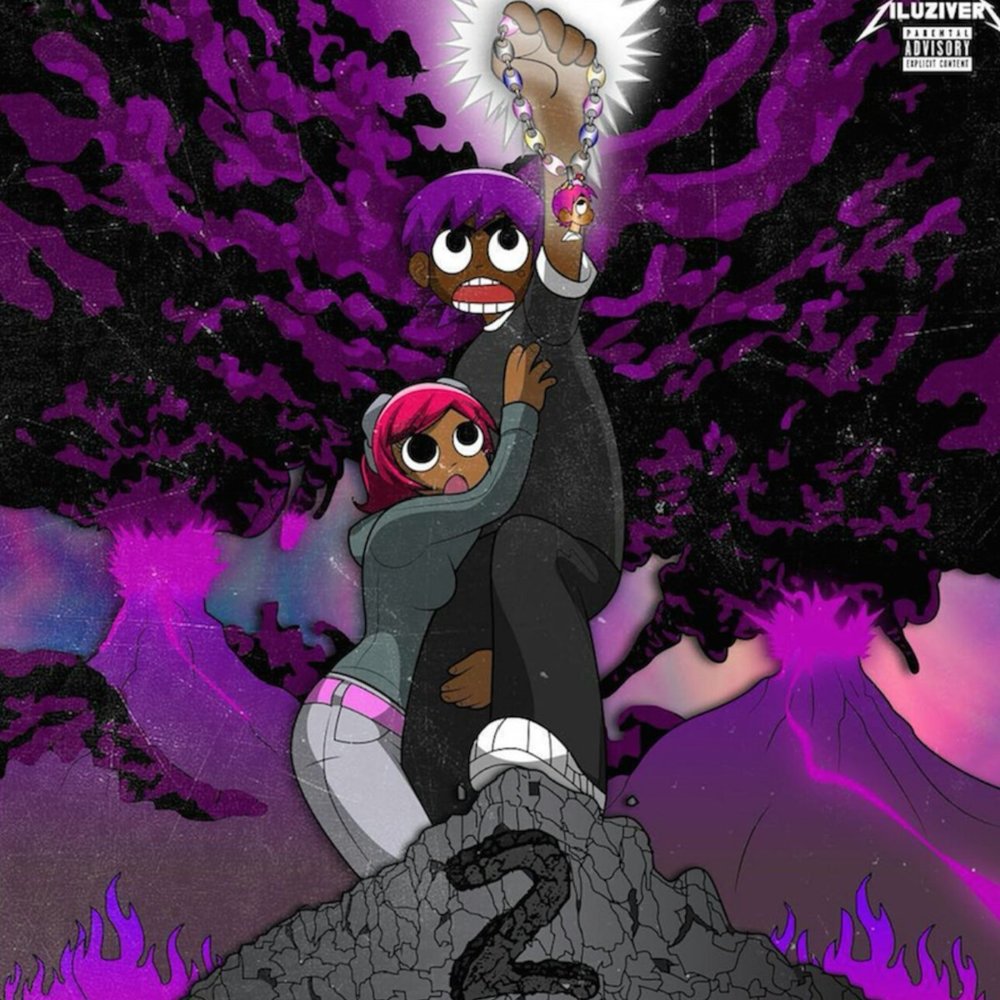RAVEENA SHARES NEW SONG
“TWEETY” OUT NOW VIA 12TONE MUSIC
“finding strength in everything from sun showers to her mother’s resilience to her own femininity and womanhood”
– Pitchfork
“steeped in nature, femininity and the earnest drama of the Sadhana Shivdasani films that filled her earliest years”
– NPR
“she makes the healing feel communal between herself and the listener”
NYLON
Raveena returns today to share a new song and accompanying visual. Produced by Everett Orr, “Tweety” adopts the same whimsical energy of the song’s namesake, with the accompanying visualizer directed by Raveena and Chris Cadaver bringing it to life as Raveena makes her way through a series of surrealist, candy-colored backdrops.
“Tweety,” out via 12Tone Music, is Raveena’s first offering of new music this year and follows last year’s Moonstone EP, which The FADER described as “ethereal,” and her 2019 debut album Lucid, which them. said “established Raveena as an emerging star.”
About Raveena:
“Music is all feeling,” says soul and R&B singer Raveena. It’s a truth she’s leaned on through a whirlwind couple of years, which saw a potent flurry of output and a pointed ascent into the conversation with Raveena’s critically-acclaimed 2019 debut full-length, Lucid, and 2020 follow-up, Moonstone EP
Raveena, 26, spent her childhood in Queens and Connecticut before moving back to New York when she was 17. The emerging singer grew up falling in love with the sounds of fiery, iconic jazz chanteuses Ella Fitzgerald, Billie Holliday, and Sarah Vaughn. “I would sit in my bedroom every night and try to practice recreating the sounds,” she remembers. Raveena started emulating her idols with her first dreamy songs when she was 13, as a method of grappling with difficult times. “Everything I was writing about was pretty escapist,” she says, recalling her teenage years as a first generation Indian-American. “It was hard having immigrant parents, and I definitely grew up with trauma.”
Now Raveena is based in Los Angeles, but for her debut she started working on her passionate and gently funky songs in Queens after meeting her first producer, Everett Orr. Orr’s background in hip-hop, and his penchant for sampling old R&B records, lined up naturally with Raveena’s affinity for UK and American soul. In 2016, she released her first single, “You Give Me That,” a brassy, swinging track on which Raveena endearingly declares herself the “Princess of LES.” The gorgeous, romantic EP, Shanti , dropped in 2017, and 2018 saw the release of four ethereal singles: the spacious, high-hitting love song “I Won’t Mind,” a sticky, groovy tune called “Honey,” and the very sultry “Tempation.”
Raveena’s debut full-length, Lucid and follow up Moonstone EP expands upon the world she began building with her initial releases. It’s more experimental, diving into the expansive range of Raveena’s voice. Raveena notably explores a deeper emotional range, as well, probing the darker parts of herself.
“You can be soft and full of power and full of strength,” Raveena explains, about the way in which she wields her compassionate sound to examine trauma. “You can go through things that tend to really harden people, but that doesn’t take away from those beautiful, vulnerable, creative parts of yourself. Those can still be alive and growing.” She is passionate about not being defined by her experiences, about emerging from difficult situations as a gentler, more empathetic person. Lucid is dynamic in that way, an expression of the many facets of her being. Songs like “Stronger,” and “Salt Water” delve into more challenging times, whereas tracks such as “Floating,” and “Bloom” are more childlike, and carefree. “My expression through music has always been about healing,” she says. It shows.
A spiritual person, who reads Buddhist, Sikh, and Hindu texts regularly, and for whom meditation and mindfulness is very important, Raveena speaks almost metaphysically about her creative practice. It’s about the whole picture, about building a world that is specifically Raveena’s . She is the creative director of the entire project, with a hand in every aspect of the process. She hand-picks photographers for her graphics and carefully designs sets for her live shows. On music video shoots, which are especially important to her vision, she writes the treatment, decides on the style, hair, and makeup, and is involved in every part of the post-production, from editing to color-processing. “I literally will be calling in equipment and set pieces myself,” she says. “I’m crazy, I have to be a part of everything. Making sure everything lives and breathes in a specific world.”
Her aim is to draw you into that world, as though you’re watching a film. She’s incredibly inspired by the whimsical; she references movies like Barbarella, Big Fish, and Life In Three Chapters, films that make you feel like you’ve been “plopped into this universe.” Her live shows have this same kind of atmosphere and often her live stage sets are handmade.
It’s no surprise that while writing, Raveena is often inspired by her use of psychedelics. She wrote “Stronger” on an acid trip. Using the substance as a tool of healing, it became a space she could enter in order to “escape in a deep, existential way.” It’s a beautiful contradiction, Raveena’s desire for both escapism and to grapple head-on with trauma, one she handles masterfully on “Stronger.” The song is especially steeped in metaphysical imagery, a languid ode to her own power: “Holy as the sunrise / clear as the water,” she croons, “I was so naive / to think a man could be stronger than me / I’m stronger.”
Raveena was inspired, too, by artists like D’Angelo, Sly and the Family Stone, Minnie Riperton, and, particularly Sade—an artist who is similarly insular in the production of her sound. (“There were no outside influences,” she says, just Raveena and Orr and her band in the studio.) The more experimental moments on Lucid recall musicians like Kadhja Bonet, Bjork, Outkast, Erykah Badu, and legendary Indian singer Asha Puthli.
Raveena’s culture is equally as significant as the rest of the identity she expresses. Representation of the South Asian community in the mainstream, she says, is typically narrow and caricatured. With her music, Raveena aims for a “complete expression of the self.” Yes, she’s talking about trauma that exists within the South Asian experience, but those experiences, she says, are universal. “Anyone who’s been through something can relate to them.”



